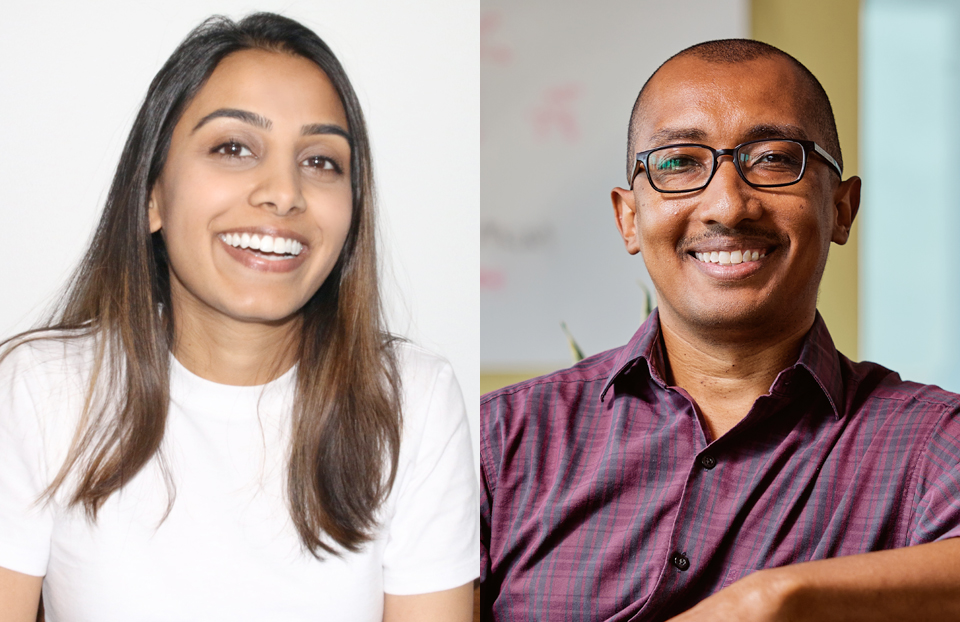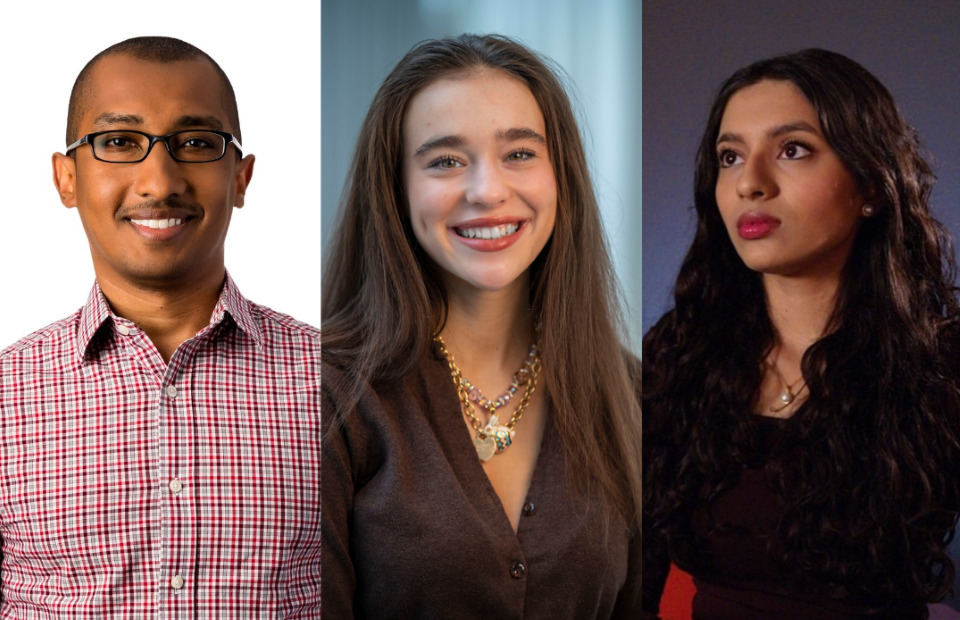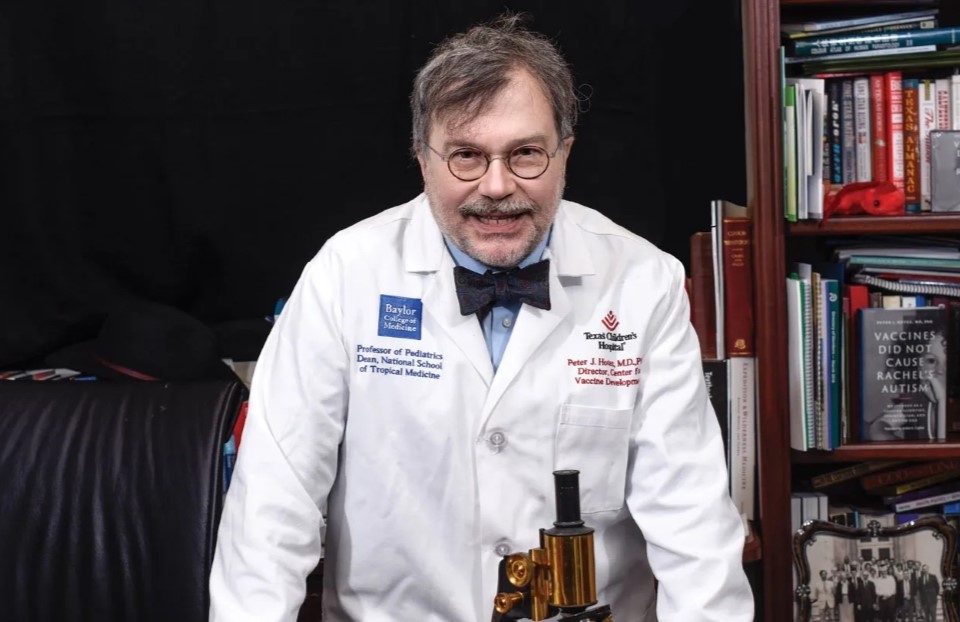Society for Science welcomes two new members to the National Leadership Council

Society for Science is pleased to announce that Lester Mackey and Naomi Shah have joined the Society’s National Leadership Council (NLC). Formed in 2018, the NLC comprises alumni from the Society’s three science competitions: the Science Talent Search, the International Science and Engineering Fair and its middle school science research competitions.
“I am thrilled to welcome Lester Mackey and Naomi Shah to the Society’s National Leadership Council,” said Maya Ajmera, President & CEO of Society for Science and Executive Publisher of Science News. “They are innovators and forces in their fields and will bring invaluable perspectives and expertise to the Society.”
Lester Mackey (STS 2003; ISEF 2003) is currently a Principal Researcher at Microsoft Research, where he develops machine learning methods, models and theory for large-scale learning tasks driven by applications from climate forecasting, healthcare and the social good. Lester moved to Microsoft from Stanford University, where he was an assistant professor of statistics and, by courtesy, of computer science. He is a 2023 MacArthur Fellow and a Fellow of the Institute of Mathematical Statistics. Lester earned his Ph.D. in computer science and master’s in statistics from UC Berkeley and his bachelor’s in computer science from Princeton University.
Naomi Shah (DCYSC 2007; ISEF 2010-2013; STS 2013) is the founder and CEO of Meet Cute, a modern entertainment company that produces and distributes original, scripted stories. In the creation of hundreds of cinematic titles and working with thousands of creators, Meet Cute expands the traditional IP incubation process, and enables creators to explore tried-and-true genres through bold and unique lenses.” Before starting Meet Cute, Naomi was a member of the investment team at Union Square Ventures, a venture capital firm in New York. Prior to that, she worked at Goldman Sachs and studied mechanical engineering with a minor in human biology at Stanford University.


